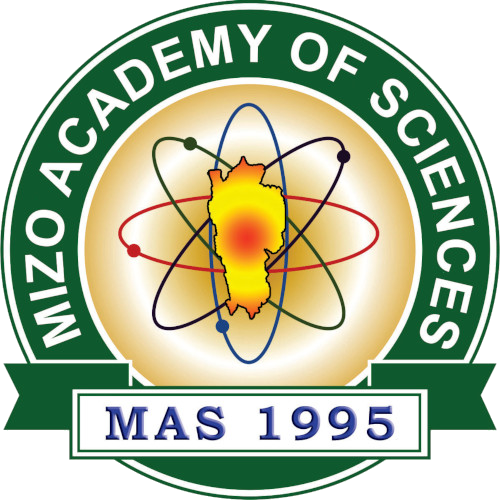Begonia roxburghii: A potentially important medicinal plant
Lucy Lalawmpuii , Lalbiakngheti Tlau
Abstract
Begonia roxburghii is an annual dicot plant of the family Begoniaceae and is found in tropical and subtropical regions of the world. They are monoecious (has both male and female organs) and they are generally self-pollinated. Its parts are variously used in traditional practice for different health benefits. The stem is a nutritious snack, the juice is antihaemorrhoid and antiinfectious agent. It is used for the treatment of bee sting, skin infection, dysentery, diarrhoea, gastric ulcer, oral infection, jaundice and diabetes mellitus. It is chemically rich in flavonoids, alkaloids, glycosides, tannins, saponins, reducing sugars, steroids, resins, carbohydrates and phenols. It is shown to have high antioxidant activity as well as antimicrobial activity. However, little is known about the actual bioactive components and their effects on various health conditions related to its medicinal applications. This plant, therefore, has a potential for medicinal value for a wide array of diseases and clinical conditions, and would be worth systematic chemical and pharmacological characterizations.


